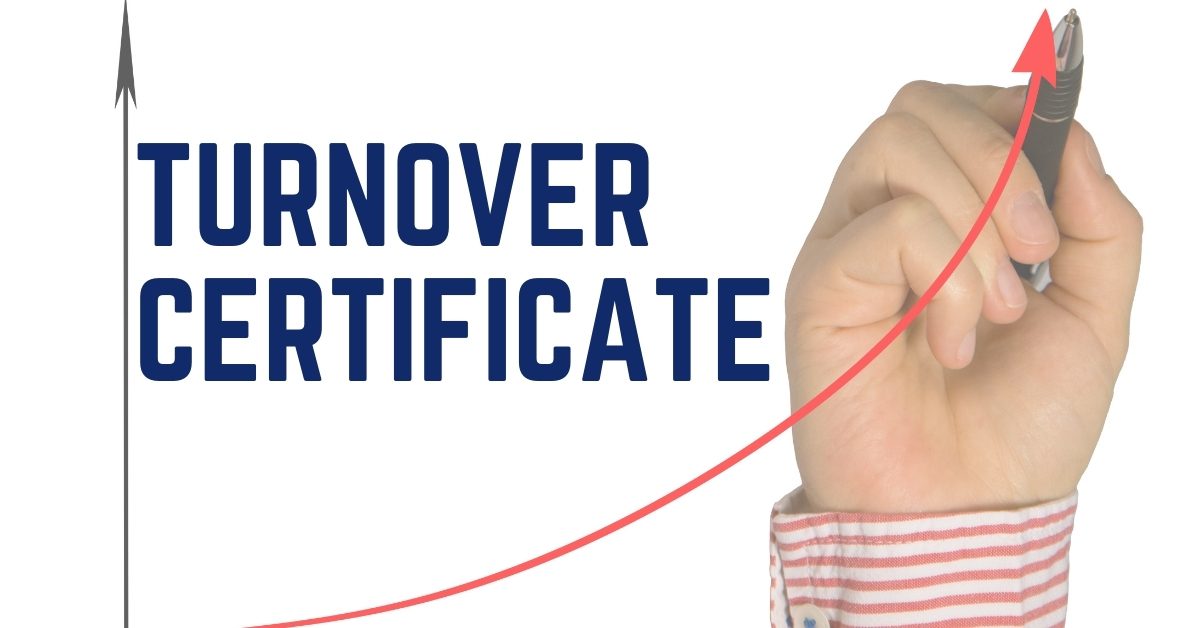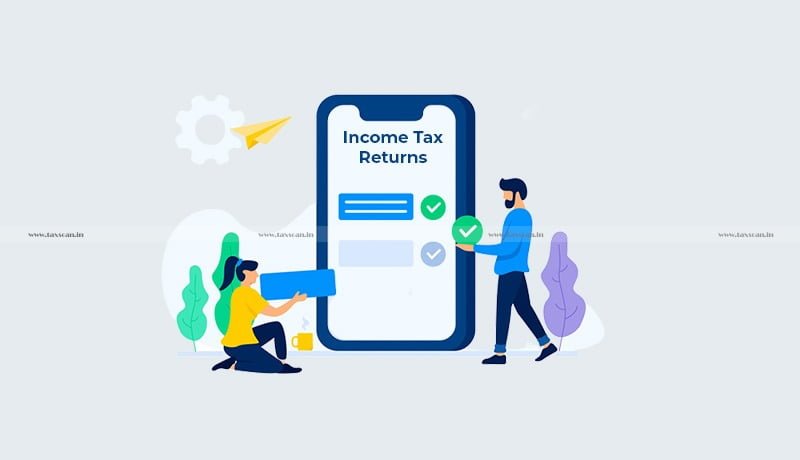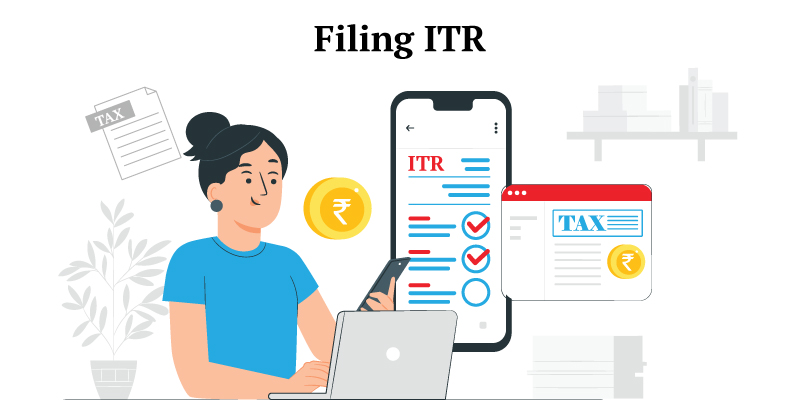Tax planning and management?
Tax planning and management Distinguishing Between Tax Planning and Tax Management: Tax Planning: Tax planning involves the strategic analysis and decision-making process aimed at minimizing tax liabilities while remaining compliant with tax laws. It focuses on utilizing available tax incentives, deductions, credits, and exemptions to optimize tax outcomes. Key characteristics of tax planning include: For… Read More »









